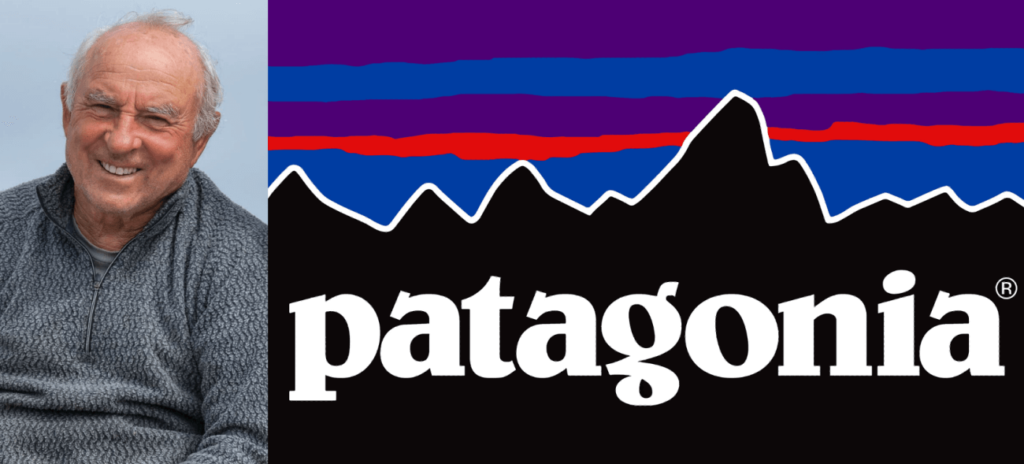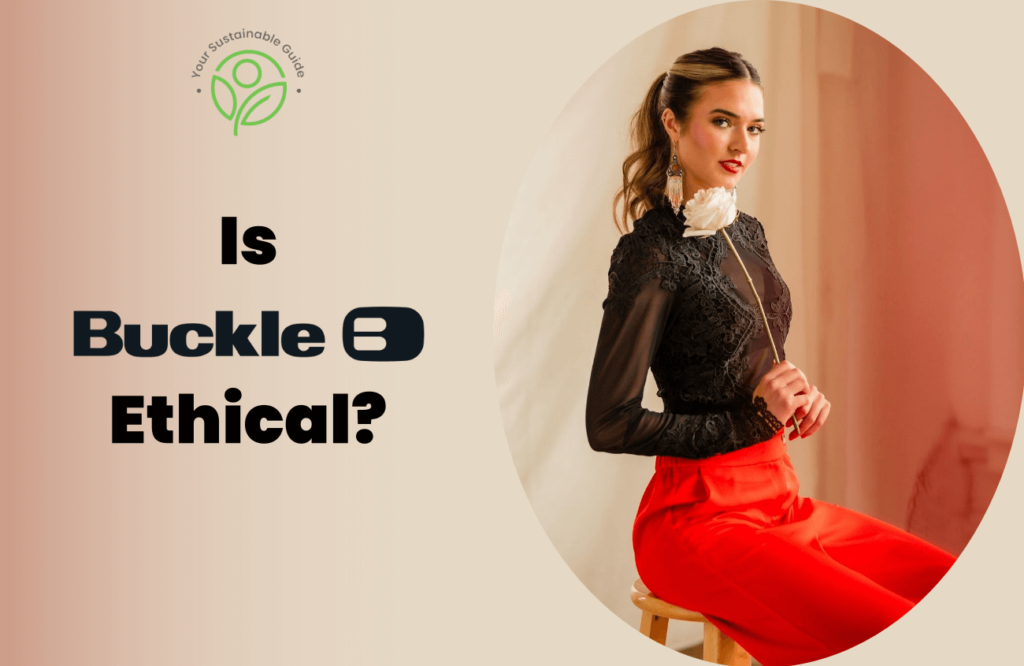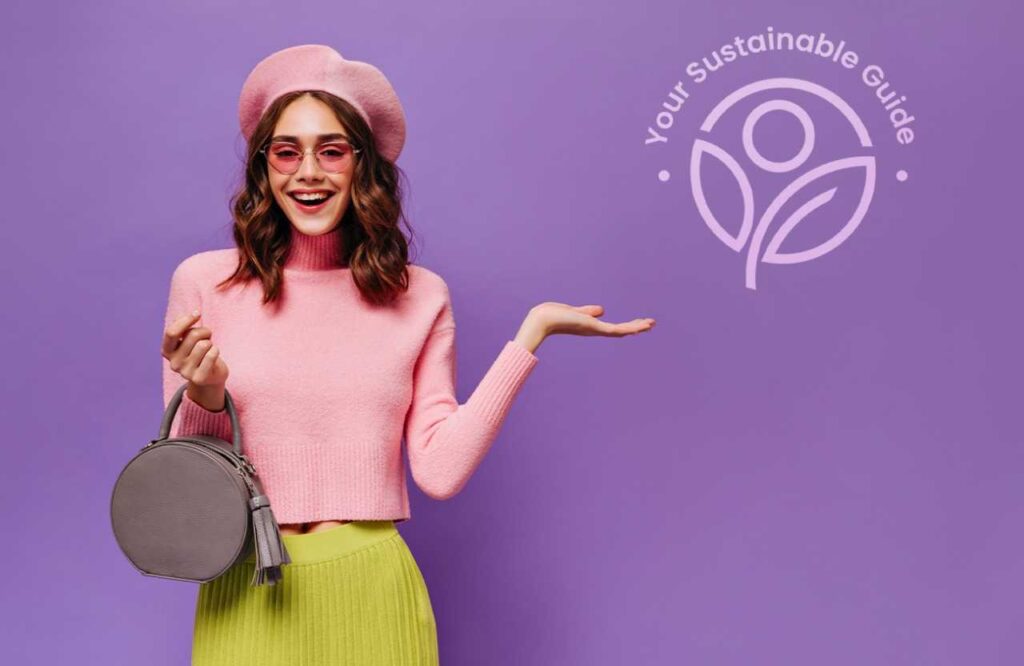Shein is a fast-fashion juggernaut, ruling the fashion scenario of the U.S. as one of the most downloaded shopping apps. With an estimated valuation of $66 Billion in 2023, it is followed by over 31 million fashionistas on Instagram. Making record-breaking sales, Shein is always on the edge to formulate strategies for pulling more profits. But does it pay minimum standard salaries to its factory workers? Owing to its sustainability claims, does it control its overproduction methods? Or is Shein just another fast fashion brand that greenwashes?
Shein and controversies go hand in hand. Whether indulging in forced labor or stealing designs of other small businesses, its obsession with making the most of the latest trends is crazy. And as Shein files for US IPO, what is it doing for the people and the planet as a responsible business? Let’s dive into Shein’s many faces and get a clear picture of its sustainability initiatives and ethical efforts.
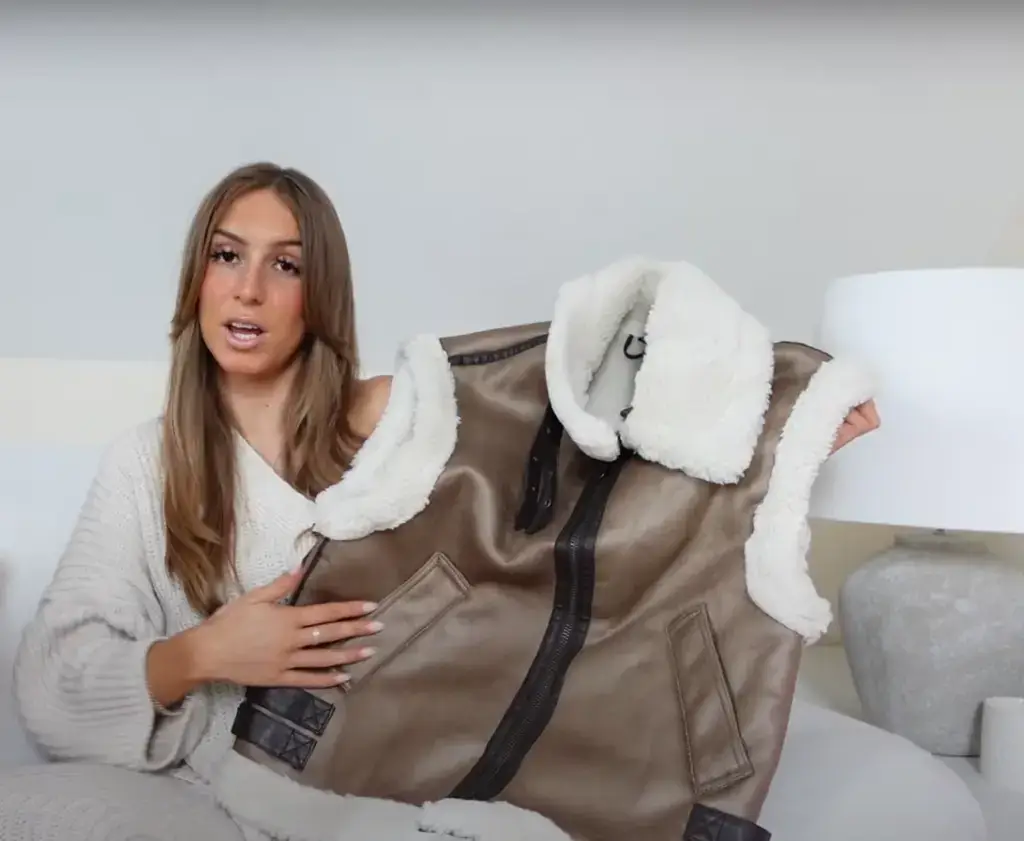
Is Shein Fast Fashion?
Yes, Shein is fast fashion. In fact, Shein is the ideal poster child of the ultra-fast fashion business model. Its website houses hundreds of thousands of clothing at any given time, and the brand stays on top of every micro-trend. From $5 t-shirts to $8 pants, it has the most competitive pricing strategy, tempting shoppers into a never-ending loop of shopping. And today, it successfully controls 40% of the US fast fashion market.
With lightning-speed production levels and skilled teams of both in-house and independent global designers, Shein drops nearly thousands of fresh styles daily. So much so that scrolling through its website feels endless. And with the least bit of concern about better fabrics, almost everything on its platform is made from unsustainable materials.
For offering garments as cheaply as possible, Shein is considered one of the major contributors to the ‘throwaway’ culture. As soon as a trend reaches your screen, it becomes available on Shein. Yes, that’s the agility of this Chinese retailer. It operates on an ‘on-demand’ business model customized within its system to cater to customer demands in real time.
Moreover, it benefits from cheap-labor manufacturing processes, which is a common practice in the fast fashion industry. It also manages to keep its prices low by taking the advantage of U.S. De Minimus tax exemption rule, which allows low-value packages to enter the US soil for free.
Shein aggressively uses social media platforms and collaborates with Influencers to showcase the latest collections. Such flashy marketing methods have proven immensely effective in luring the youth, who are always looking for budget-friendly trendy items. No wonder it has become one of the most loved brands of American youth. Those super-affordable prices seem like a dream come true, and one can look like a million bucks for less than the costs to order takeout.
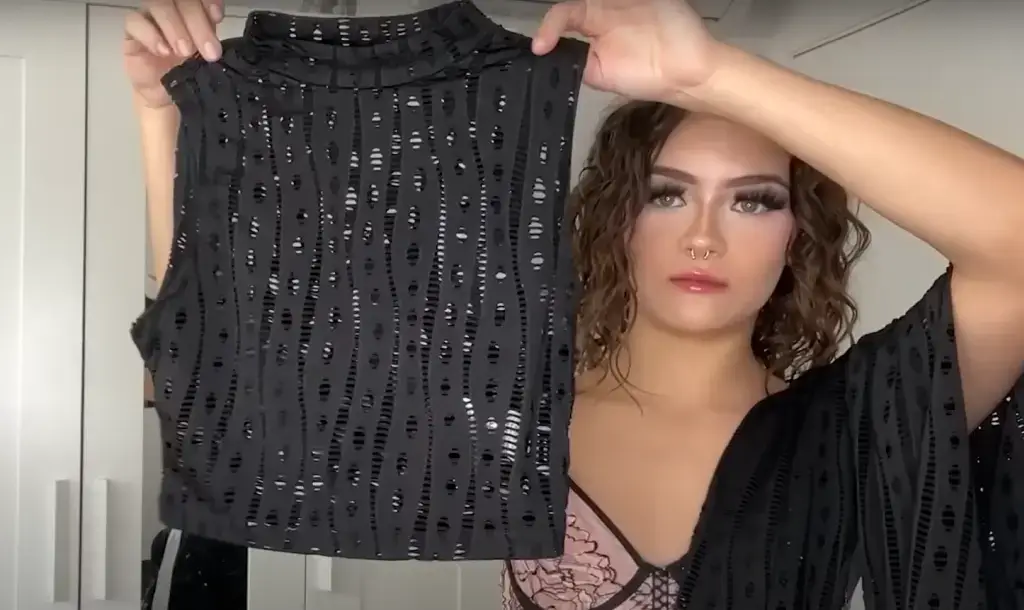
Is Shein Ethical?
No, Shein is not ethical. As a Chinese clothing retailer, its entire production is based locally, within China. While it works with thousands of partner factories, it doesn’t publish the suppliers list. Shein keeps its supply chain information hidden, raising suspicions of unethical practices. And despite its claims to abide by fair trade practices, Shein has been in and out of countless controversies for using forced labor.
Labor Practices
Shein has a Supplier Code Of Conduct where it claims to abide by the local labor laws of the country where its production takes place. It also declares that it will not engage in forced labor or gender discrimination, pay standard wages on time and respect freedom of association.
Now, while these measures sound impressive, there is no concrete evidence that all of its suppliers comply with these ethics. Another concerning factor is none of its factories are certified. And there are reports that many Chinese factories employ low-income marginalized people to reduce manufacturing costs.
Moreover, there is no proof that these factories are regularly audited to verify that fair trade policies are observed. All these factors mean that there is no guarantee that every garment maker in Shein’s supply chain is treated humanely, offered fair wages and provided with a safe working environment. So, anything might be happening behind those closed doors.
The fast fashion giant has been exposed multiple times for benefitting from unethical trade practices. Shein controversies have become a regular part of the news with instances where its workers were found exhausted with overwork and not receiving even the minimum wages. From using Uyghur forced labor to pushing workers to work for super-long hours, Shein seems to have done it all.
In June 2022, videos of factory workers writing hidden messages ‘need your help’ on the labels of clothes went viral. Shein denied the accusations and stated it’s all a conspiracy theory to disgrace the brand. But with no transparency around a supply chain solely rooted in China and proof of labor laws violation, Shein’s workers’ exploitation practices are confirmed.
Sourcing Practices
Shein works with a close-knit network of over 6,000 small-scale suppliers in China. This Asian country is a hub of low-cost manufacturing factories, making it the top choice of brands that use sweatshops. And with China as Shein’s base, the sourcing just gets easier. With such a complex supply chain, it becomes evident to expect transparency in order to avoid any wrongdoings. But Shein doesn’t share even the least bit of details about its production practices.
If exploiting vulnerable workers wasn’t enough, Shein also made it to the headlines for stealing designs from small independent businesses. It was further accused of selling offensive items like floor mats with Muslim prayers as part of home decor and necklaces with swastika designs.
Again, Shein was in the news for the RICO lawsuit. In a legal showdown on July 15, 2023, three independent artists, Krista Perry, Larissa Martinez, and Jay Baron, sued Shein for stealing their designs. The plaintiffs accused the company of breaking the U.S. federal anti-racketeering act, RICO, by copying their works without permission, leading to allegations of copyright violations.
In other news, e-commerce company Temu registered a lawsuit on July 14, 2023, alleging Shein of “violating U.S. antitrust law”. As per the complaint, Shein was found forcing its partner manufacturers to sign loyalty oaths, creating a disadvantage for Temu in the competition. Shein compared to Temu is no exception as both are fast fashion brands with questionable labor practices.
In October 2022, Channel 4 hosted an undercover investigation, “Inside The Shein Machine”, revealing its garment makers work seven days a week. And while some are paid a basic salary of only $556 per month to make 500 clothes a day, others receive even less.
In addition, female employees were found washing their hair during lunch breaks at some of Shein’s factories. On questioning, they replied that they don’t have time to take care of basic requirements after finishing an 18-hour-long day’s shift. Such is the condition of Shein’s sourcing practices.

Child Labor
Shein’s Code of Conduct states that the company strictly prohibits child labor. However, due to the lack of transparency, it is unclear what measures it implements to prevent the employment of minors.
Over the years, several rumours have suggested the potential use of child labor in Shein’s supply chain, but no concrete evidence has been found yet.
Overall Rating: 1
Is Shein Cruelty Free?
Shein has an Animal Welfare Policy which aligns with the Five Freedoms. Only a small portion of its garments are composed of animal-based materials. It doesn’t use angora, fur, down, angora, or exotic animal skin and hair in its products. But it does use leather, wool and down, the traceability of which remains unknown.
The horrors that animals raised for the clothing industry go through isn’t a secret to compassionate shoppers. But Shein doesn’t have a policy to minimize animal cruelty by sourcing them from ethical breeders or companies. So, certainly, the brand needs to be more responsible and improve its sourcing methods for animal-derived textiles.
Overall Rating: 1
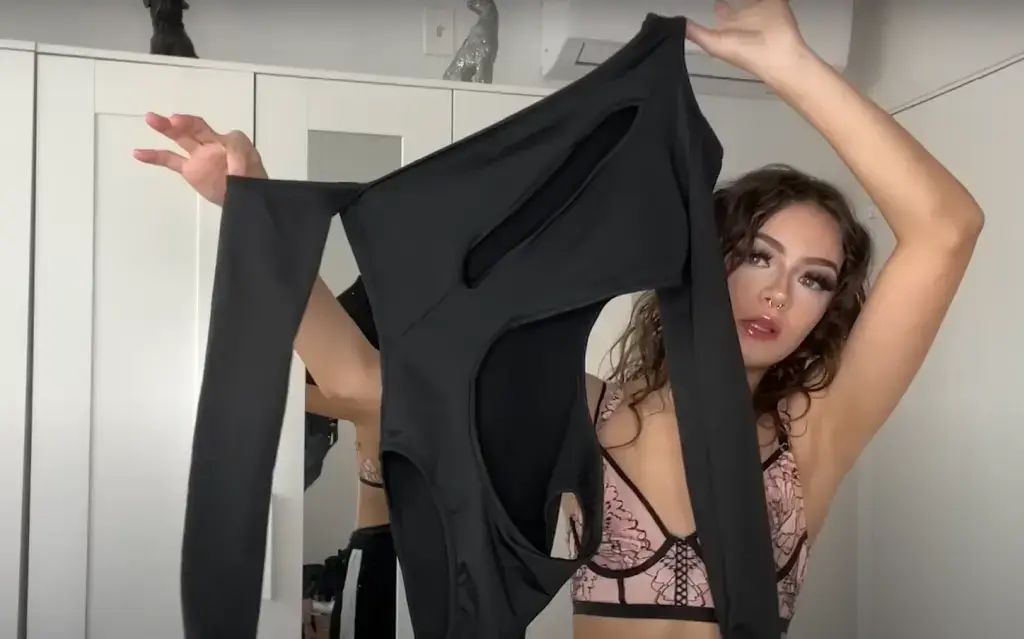
Is Shein Sustainable?
No, Shein is not sustainable. It operates on a massive production scale, with 2,000-10,000 new styles introduced daily. It jumps on to the latest trends, creating cheap versions of designer pieces and selling them at even cheaper prices. And, it relies heavily on unsustainable materials, including virgin synthetics, conventional cotton, and animal-derived textiles.
Almost every dress, top or bottom, on Shein’s website is made from polyester, acrylic, nylon, rayon, lycra, etc. Manufacturing these materials consumes a lot of energy, finite resources and water. But fast fashion brands prefer them because they are cheap to produce.
What’s concerning is, with Shein’s frequency of churning out trends, consumers barely wear its garments once or twice before discarding them. It has an inventory turnover rate of 40 days, which is twice as fast compared to its competitors Zara and H&M. Such purchasing and throwing away habits leave a devastating impact of fast fashion on the environment. Unfortunately, Shein is doing everything that will make this planet unlivable.
Now, Shein claims to be eco-conscious, with environmental sustainability as its key goal. It mentions of using high-tech production strategies that stop it from overproducing garments and manufacturing only what the customers demand. But does the world really need thousands of tons of clothing every single day? Like, who is this company trying to fool by its loud talks on sustainability?
Shein does use software for calculated clothing production, but it’s solely to cut its own costs and stocks of unsold inventory. As per this production method, the company initially manufactures about 100-200 pieces of each style. As customers browse through these designs, Shein monitors their interest in particular styles. Based on the data, whichever designs become popular and sell fast, Shein orders to produce them more in larger batches. And those with the least user interest are taken off the site once the produced lot gets sold out.
After openly running a business without any conscience, Shein doesn’t even bother to take meaningful actions by treating its wastewater or reducing its carbon emissions. It doesn’t have any ‘Repair or Recycle’ program to encourage responsible disposal of its garments.
All Shein did is, in 2022, it pledged to achieve a completely circular supply chain by 2050. It promised to curb excess fabric waste in collaboration with U.S.-based technology company Queen of Raw. But what about the damages done till 2050?
All these aspects and more point to the conclusion that Shein can be everything but never sustainable. But you have got to applaud the brand for its greenwashing tactics.
Overall Rating: 1
Some of the Best Ethical & Sustainable Alternatives to Shein
Fast fashion brands like Shein have transformed the fashion industry by influencing design, production, purchase, and shipping processes. Despite its cutting-edge approach, critical aspects of Shein’s business model reveal unsustainable and unethical practices you cannot overlook. Some similar brands thriving at the cost of people and the planet are Zara, Fashion Nova, Cider, etc.
If you adore Shein styles but want to switch to better alternatives, then check out Whimsy + Row, Baukjen, Quince, and Spell.
1. Quince
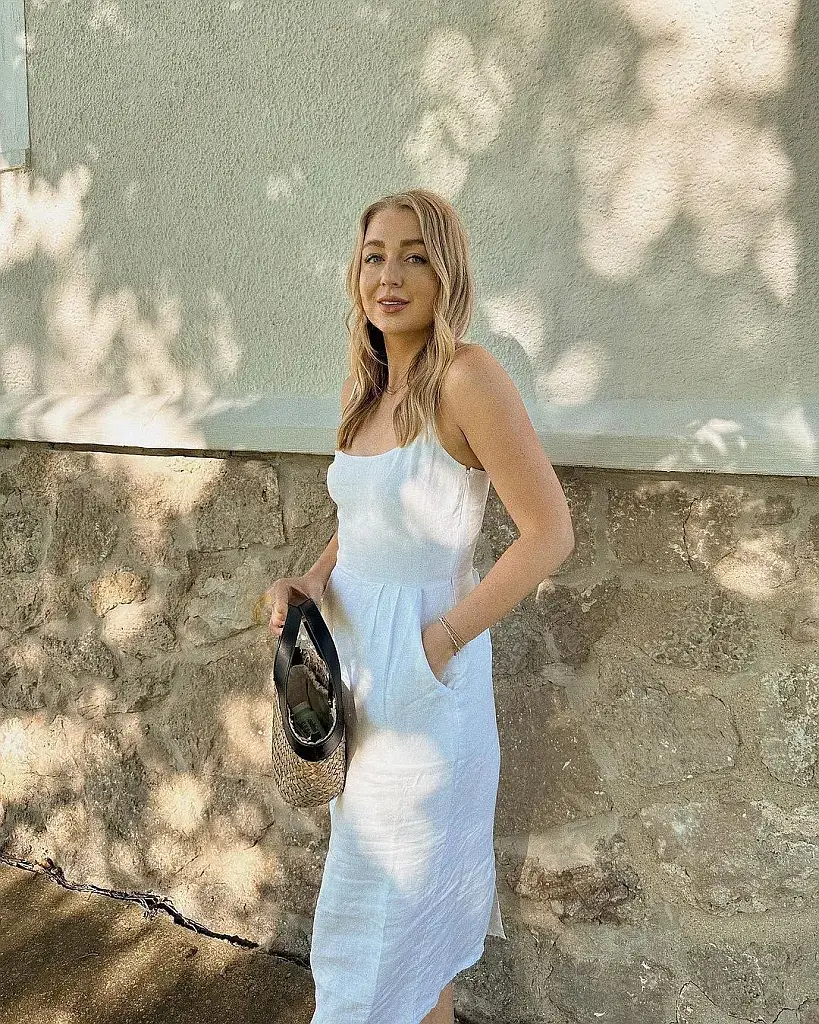
Quince believes that high-quality products can elevate your life. Therefore, it brings you garments made of top-notch luxury materials like responsible Mongolian cashmere, Italian leather, organic cotton, and washable silk at radically low prices. Its collection of men’s, women’s, and kidswear are an absolute delight and is made of certified materials. And you can’t miss out on Quince’s pet line and homewares. With sustainable fibers and fair trade production, the lifestyle company works in a model that minimizes waste. Plus, everything is directly shipped from the factory to reduce its carbon footprint.
2. Spell
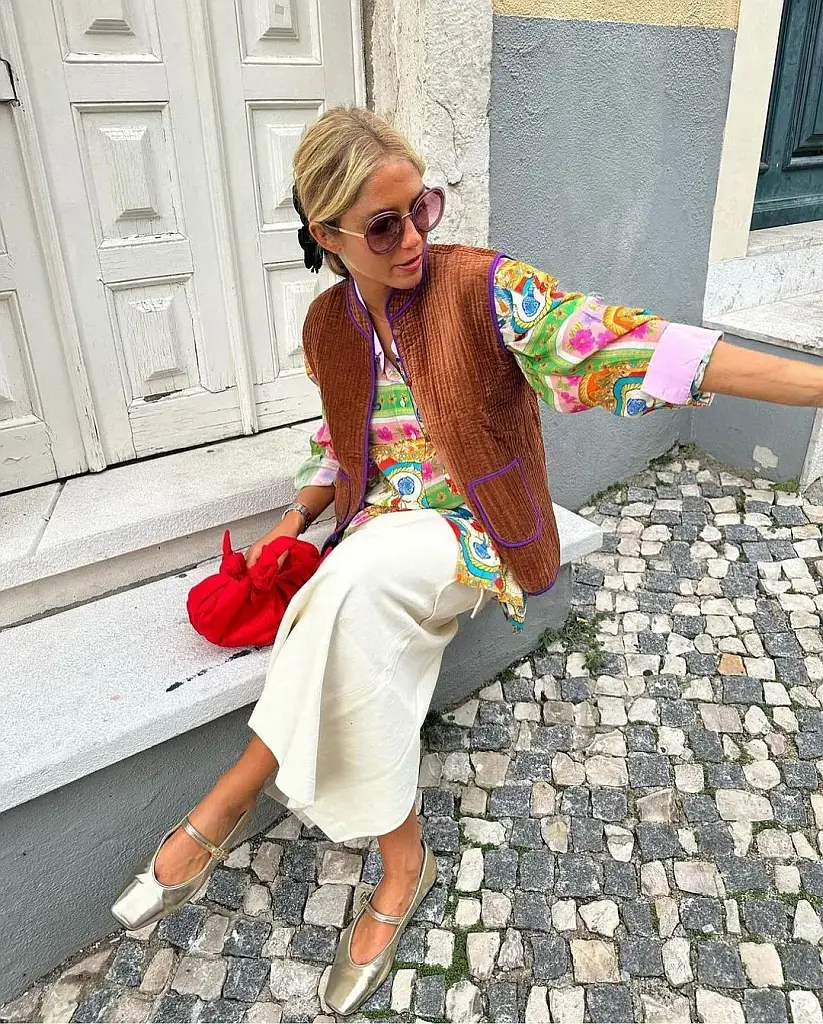
Australian lifestyle brand Spell is here to put you under a modern boho-chic fashion spell. Its ready-to-wear clothing range includes tops, blouses, singlets, and robes, designed to bring you a sense of joy and individuality. Each piece is crafted in fun and romantic silhouettes, ideal for keeping you comfy during the next long lunch, farmers market run, or dancing away in a music festival. The B Corporation is highly conscious of environmental issues and uses circular, regenerative, and renewable materials to produce its artisan-made clothing ethically. Plus, it gives back to society and is Carbon Neutral.
3. Whimsy + Row
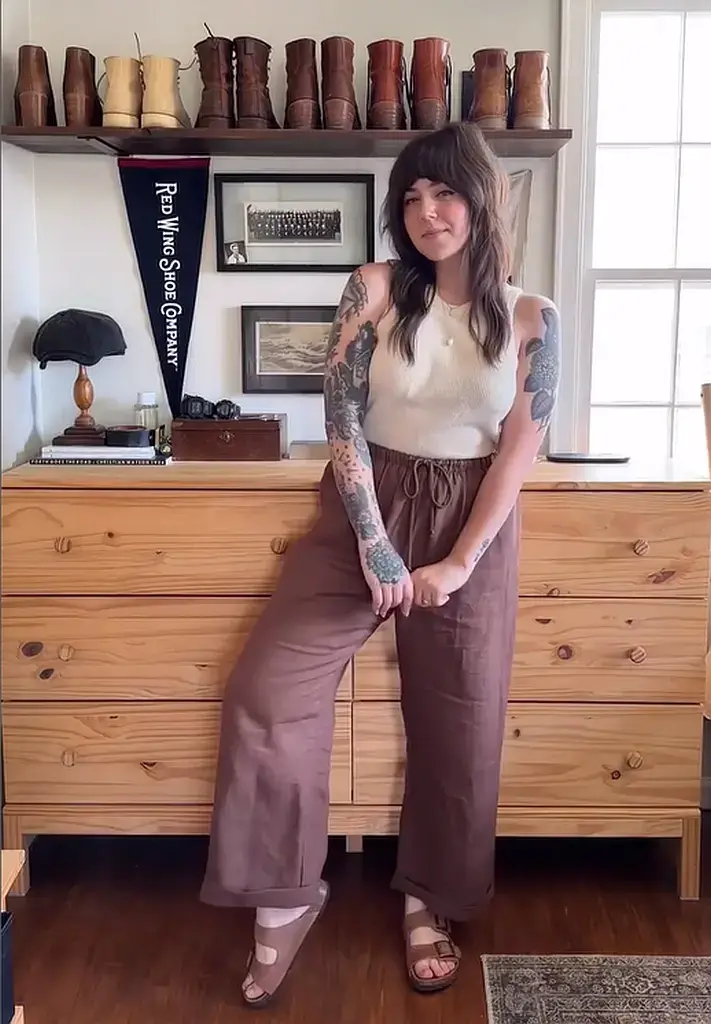
Whimsy + Row’s collections are whimsical and oh-so-feminine. The sustainable fashion brand believes in the philosophy of “Be Good, Do Good, Look Good.” Hence, all of its clothes are locally made in small Downtown LA factories to reduce its carbon footprint and help boost the domestic economy. In addition, every collection is made in small batches to ensure uniqueness while following a waste-free approach. With sizing available up to 3XL, Whimsy + Row has a waitlist feature where you can add yourself to be notified whenever they restock the item you badly wanted.
4. Baukjen

Baukjen is an amazing alternative for Shein lovers. Certified as a B Corp, its clothing line is “Designed for Good” and ranges from chic everyday jersey dresses and tops to versatile bottoms and outerwear. With the mission to put people and the planet at the heart of its operations, the sustainable company believes in driving positive changes in the fashion industry. It also has ‘Pre-loved’ and ‘Rental’ sections dedicated to advocating for the circular fashion concept. Plus, Baukjen uses plastic-free packaging for its shipments. And for being extremely mindful of the environment, Baukjen has been honored with the UN Global Climate Action Award in 2021.



